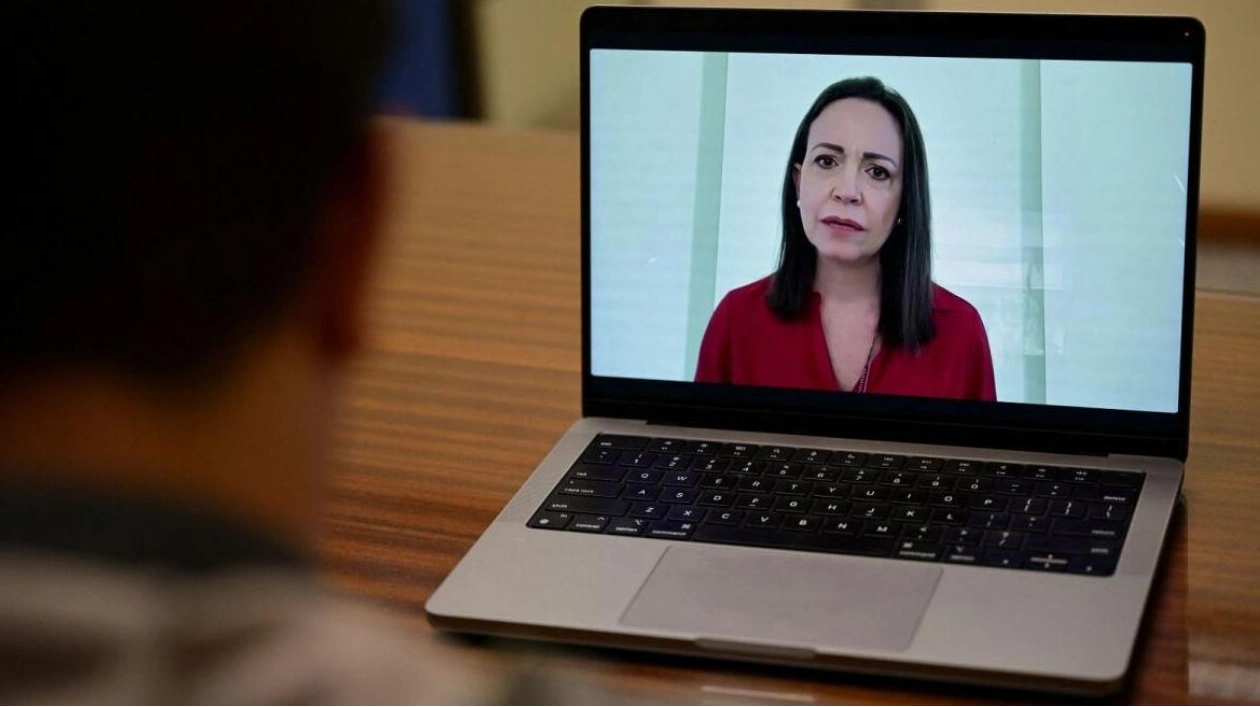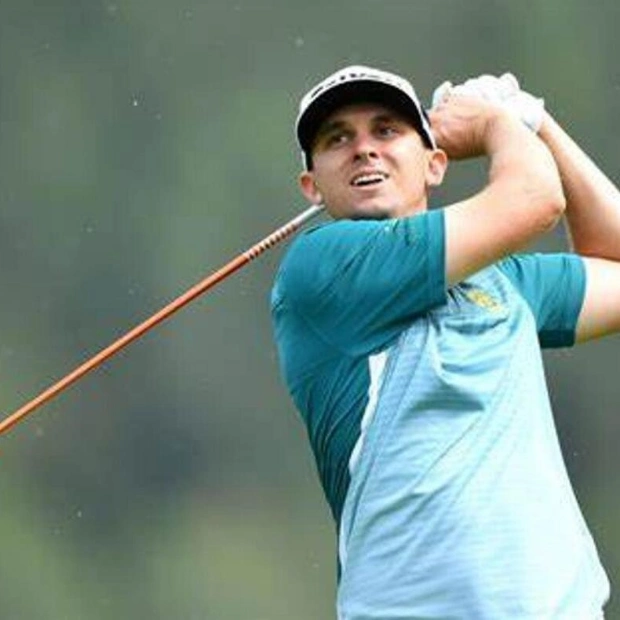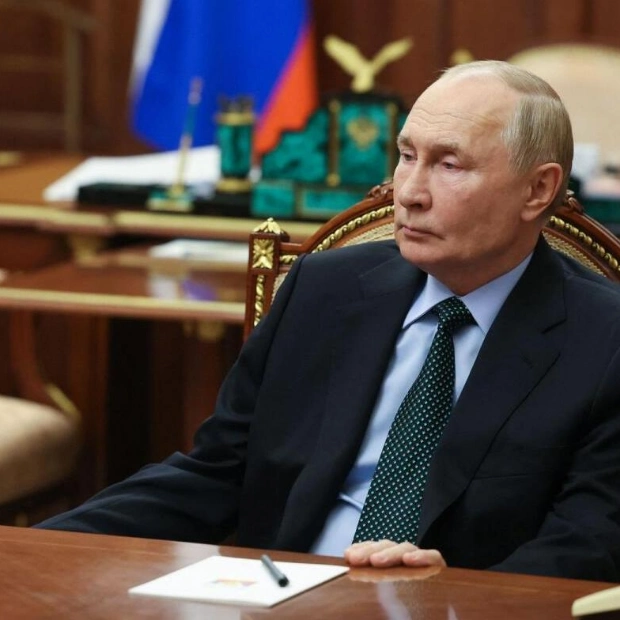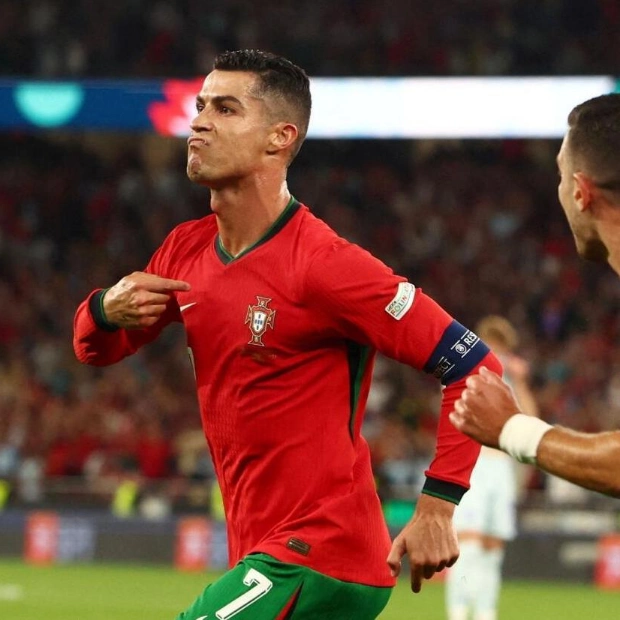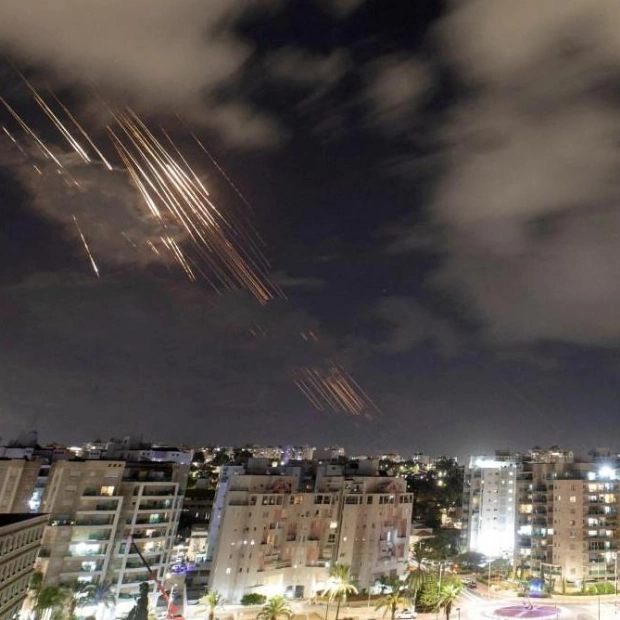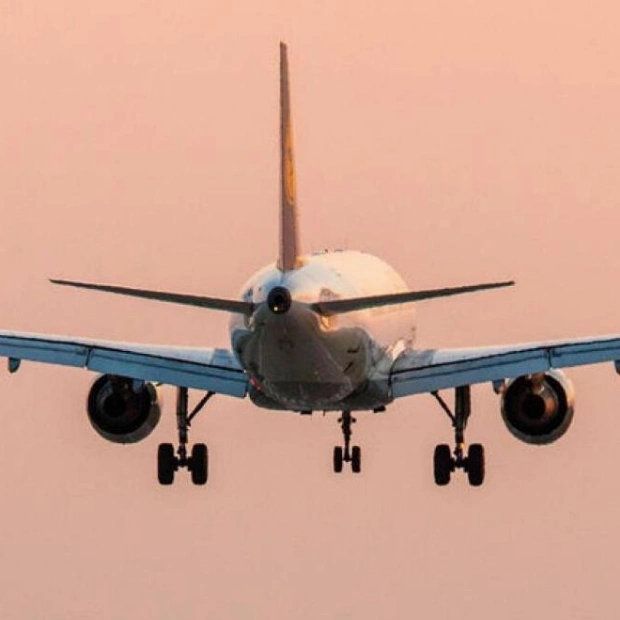Opposition leader Maria Corina Machado pledged on Monday to stay in Venezuela, a day after her colleague and presidential candidate Edmundo Gonzalez Urrutia sought asylum in Spain, citing post-election repression. "I have chosen to remain in Venezuela and continue the struggle from here while he (Gonzalez Urrutia) does so from abroad," Machado, who is currently in hiding, informed reporters via videoconference. Gonzalez Urrutia, 75, arrived in Madrid on Sunday night after weeks in hiding following the July 28 presidential election, which the opposition claims he won, but which was declared by incumbent Nicolas Maduro.
"We all know that Edmundo Gonzalez Urrutia is the legitimate president of Venezuela... whether he is in Venezuela or anywhere else in the world," stated Machado. She emphasized that his current status abroad "does not alter anything: legitimacy remains intact, and the strategy remains the same." Upon his arrival in Spain, Gonzalez Urrutia explained that he had decided to leave "so that changes can occur and a new chapter for Venezuela can be built." Machado had previously stated that he left the country because "his life was at risk."
"Only through a policy of dialogue can we reunite as compatriots," Gonzalez Urrutia wrote in a letter addressed to Venezuelans and posted on social media network X. "I have made this decision with Venezuela in mind, and our destiny as a nation cannot, must not, be one of conflict, pain, and suffering." Maduro, who had earlier called for the imprisonment of his opponent and Machado after the election, expressed "respect" in a televised message on Monday for Gonzalez Urrutia's decision and wished him well "in his new life." Maduro claimed that he had overseen the process that led to Gonzalez Urrutia's departure "in the pursuit of consolidating peace."
Gonzalez Urrutia had replaced Machado on the ballot at the last minute after she was barred from running by institutions loyal to Maduro, which are accused by observers of human rights violations. Venezuela's regime-loyal National Electoral Council (CNE) declared Maduro the election winner, but the opposition disputed the result, and much of the international community has refused to recognize it. Machado remains largely in hiding but has led a few anti-Maduro protests since the contested vote. Prosecutors have launched an investigation against Gonzalez Urrutia for crimes related to his claim of being the rightful election victor. Charges include usurpation of public functions, forgery of a public document, incitement to disobedience, sabotage, and association with organized crime. He faces a potential prison sentence of 30 years.
The charges stem from the opposition's publication of its own tally of polling station-level ballots cast, which it claims showed Gonzalez Urrutia winning about two-thirds of the votes. Venezuela's electoral authority has stated that it cannot provide a breakdown of the election results, blaming a cyber attack on its systems. Observers, however, have found no evidence of such hacking. Post-election violence in Venezuela has resulted in 27 deaths and left 192 people injured, while the government claims to have arrested about 2,400 people. The office of the prosecutor of the International Criminal Court in The Hague announced Monday that it is monitoring "current developments" in Venezuela. Human rights NGOs on Monday called on the United Nations to modify the mandate of an international fact-finding mission on Venezuela to include the post-election violence.
"Venezuelans are facing a violent crackdown on voters and protesters, political leaders, journalists, human rights defenders, and other actual or perceived opponents of the Maduro administration," the groups stated in a joint appeal. Maduro's government has intensified its crackdown on dissent since the election, with parliament now debating new laws to combat "fascism," a term the regime frequently uses to describe the opposition. "Venezuela must enact severe, hard anti-fascist laws, because here, hate, violence, division, and the persecution of people for their ideas and beliefs cannot be allowed to spread," Maduro said on Monday. After Venezuela's last election in 2018, Maduro also claimed victory amid widespread allegations of fraud. With the backing of the military and other institutions, he managed to retain power despite international sanctions. Maduro's tenure since 2013 has seen the country's GDP drop by 80% over a decade, prompting more than seven million of the country's 30 million citizens to emigrate.
